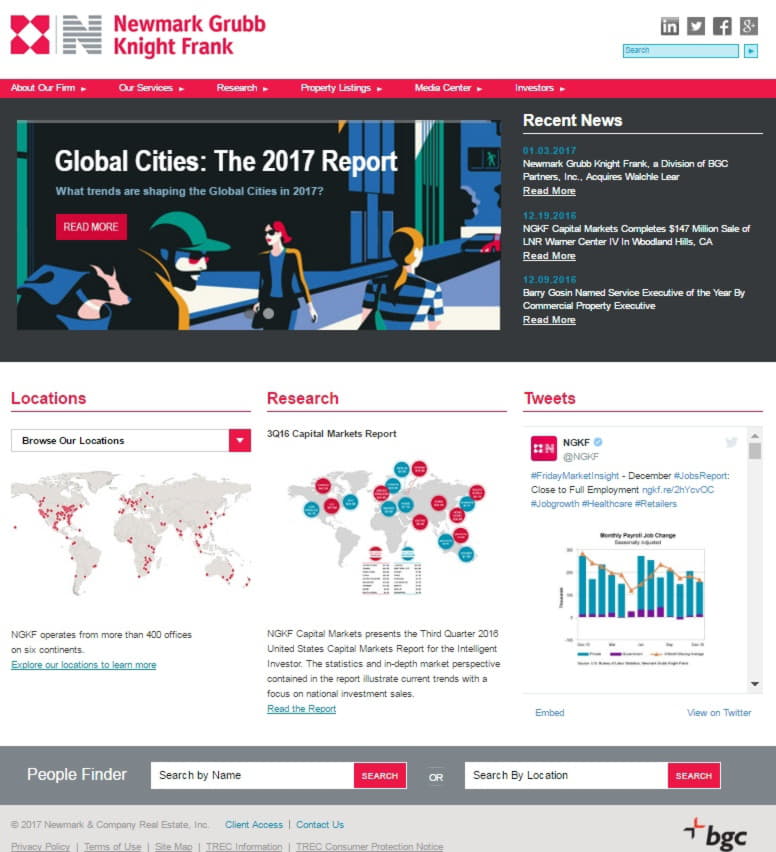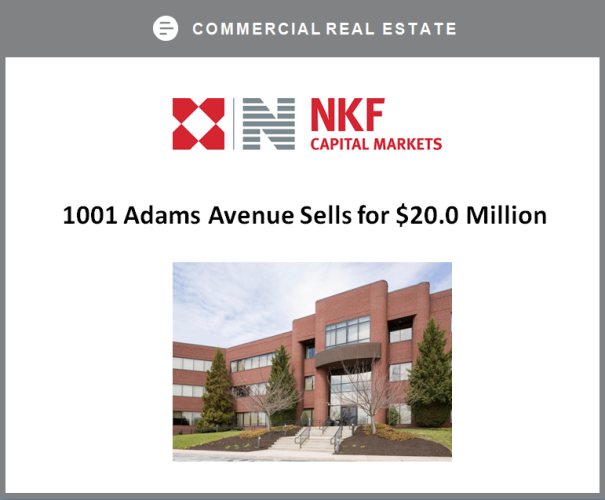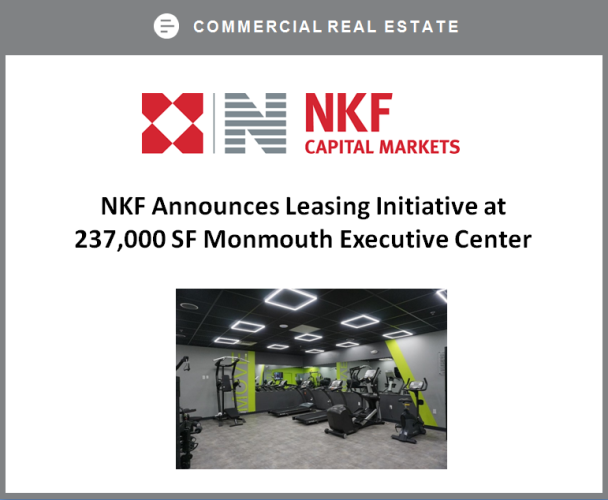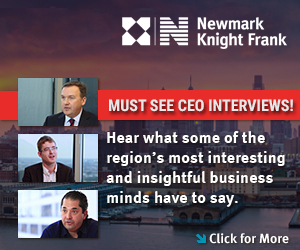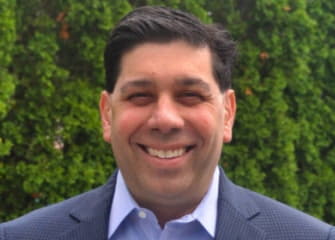
Gene Godick
Click here for Part I & Part II
With over 25 years’ financial experience, many in the Big Five accounting firms, Gene Godick has raised hundreds of millions in equity and debt financing, led over 50 M&A transactions and a $56 million initial public offering.
Clearly, he knows all there is to finance and then some. So when he set out for a second time on the path of entrepreneurship with G-Squared Partners, he created what he calls a “finance team in a box,” now being used by about 30 startups in Greater Philadelphia.
“We provide outsourced accounting, CFO, controller, VP finance services, and we provide everything from helping companies raise money to budgeting and forecasting,” Godick, who started his career at Arthur Andersen, told
citybizlist’s Edwin Warfield in an interview.
Godick’s first venture came in 2006 as cofounder of Tafford Uniforms, an online retailer of nursing uniforms. His firm bought the assets of Tafford Manufacturing in an Article Nine sale and in 2012 sold Tafford to a private equity-backed strategic buyer.
EDWIN WARFIELD: What is the outlook for G-Squared and other early stage companies? What are G Squared’s plans for next five years?
GENE GODICK: We’re not as outwardly facing as we should be. Our marketing strategy for the most part has been, do a good job and get the next referral. I don’t spend as much time in the entrepreneurial community as I should. I’m starting to do more of that. I think there are a lot of companies that will get $2, $3, $4 or $5 million but I don’t know how many IPOs there are. If you think about the history of Philadelphia and IPOs, there has historically been, maybe there’s one, maybe there’s two a year. It’s never been more than that, other than the 1998-2000 timeframe. But if you think about it, like a good year is like 200-300 venture-backed IPOs across the United States and probably half of them are going to come out of Silicon Valley. So, maybe, you get one or two out of Philadelphia, and that’s always where we’ve been and that’s disappointing because it drives the economics of this region. If you look at studies of companies that go public, most of the growth is after the IPO; that’s where all the jobs get created and other things.
VerticalNet may be an anomaly but maybe we were a couple of hundred people when we were at the IPO date. At the peak, it was 1,700 people, and so a lot of that was to ruminate, but a lot of the growth of these companies occur post-IPO. I mean, if you think of it, in terms of how big Google was pre-IPO versus today, or how big any of these companies are compared to when they’re, you know, the successful public companies, most of that growth comes afterwards. My opinion is like if you go back, there have been a lot of things that have depressed the values, what’s going on in the entrepreneurial community, that’s forced companies to stay private, or then ultimately look for a sale.
You have Sarbanes-Oxley, you have what’s happened to D&O insurance. You have the loss of a lot of the tech investment banks, whether it’s Hambrecht & Quist or the Volpe, those are all, they all got bought by the large investment banks and got swallowed up. There’s not as much catering (as) early on. If you think about it Intel went public and I think…they raised about $30 million in an IPO. In adjusted dollars, no one would think about raising $30 million today. Instead companies stay private much, much longer and a lot of them are ultimately wanting to get bought by the Apple's, the Facebook's, the Google's of the world.
Well, then you can only buy so many companies. I know the Jobs Act was supposed to expand a lot of this stuff but I would like to just see us go back to the world of 1995-1996 when it was a lot easier, where smaller companies could do things in public markets. There are way fewer public companies today than there were then, when you think about it.
Connect with Gene on LinkedIn
Sponsored by:
ABOUT NEWMARK GRUBB KNIGHT FRANK
Newmark Grubb Knight Frank (NGKF) is one of the world's leading commercial real estate advisory firms. Together with London-based partner Knight Frank and independently-owned offices, NGKF's 14,100 professionals operate from more than 400 offices in established and emerging property markets on six continents.
With roots dating back to 1929, NGKF's strong foundation makes it one of the most trusted names in commercial real estate. NGKF's full-service platform comprises BGC's real estate services segment, offering commercial real estate tenants, landlords, investors and developers a wide range of services including leasing; capital markets services, including investment sales, debt placement, appraisal, and valuation services; commercial mortgage brokerage services; as well as corporate advisory services, consulting, project and development management, and property and corporate facilities management services. For further information, visit www.ngkf.com.
NGKF is a part of BGC Partners, Inc., a leading global brokerage company servicing the financial and real estate markets. BGC's common stock trades on the NASDAQ Global Select Market under the ticker symbol (NASDAQ: BGCP). BGC also has an outstanding bond issuance of Senior Notes due June 15, 2042, which trade on the New York Stock Exchange under the symbol (NYSE: BGCA). BGC Partners is led by Chairman and Chief Executive Officer Howard W. Lutnick. For more information, please visit http://www.bgcpartners.com/.


Edwin Warfield, CEO of citybizlist, conducts the CEO Interviews.
If you're interested in reaching CEOs, please contact edwin.warfield@citybuzz.co
Connect on LinkedIn
